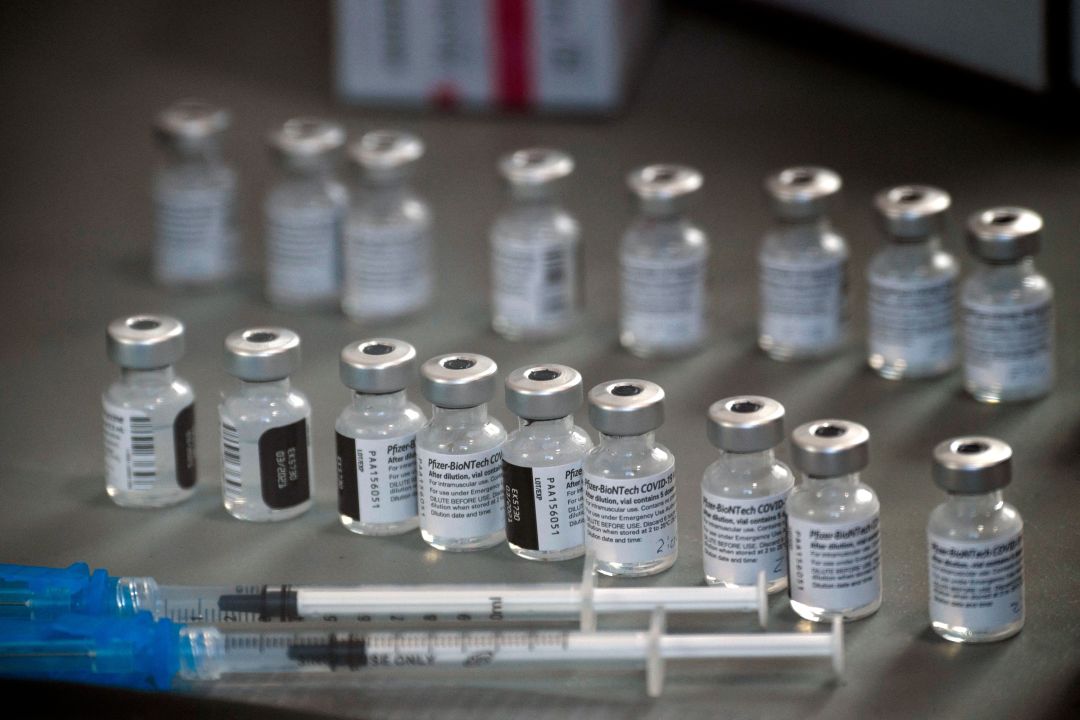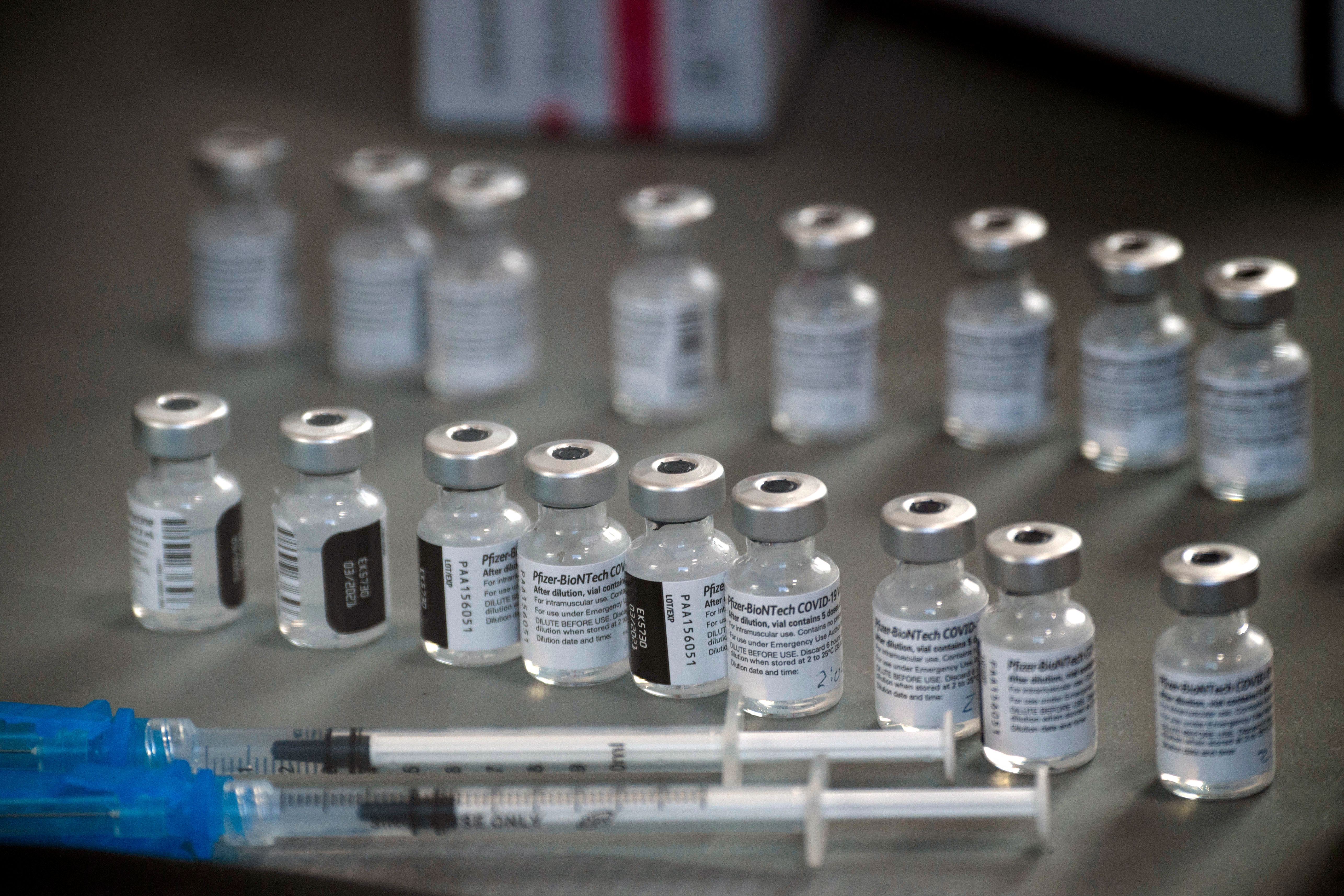For a man who is regularly derided by Republicans, president Joe Biden has racked up a fine number of achievements. He made his latest on 5 May, when he threw his support behind waiving the Covid-19 patents, overturning decades of American protection of its industries’ intellectual property rights. His words packed a punch: the Frankfurt-listed shares in BioNTech promptly lost 14 per cent, while Moderna and Novavax closed three to six per cent down in New York.
The U.S. pharmaceutical industry was quick to denounce the measure, as Jeremy Levin, chair of the biotech trade association Bio, asserted that ‘securing vaccines rapidly will not be the result.’ But, in fact, that’s exactly what the result will be.
The last time an American president waived intellectual property rights so dramatically was in 1917, only days after the U.S. joined the first world war, when president Woodrow Wilson waived the Wright brothers’ patents. As late as 1917, the U.S.

Get Britain's best politics newsletters
Register to get The Spectator's insight and opinion straight to your inbox. You can then read two free articles each week.
Already a subscriber? Log in







Comments
Join the debate for just $5 for 3 months
Be part of the conversation with other Spectator readers by getting your first three months for $5.
UNLOCK ACCESS Just $5 for 3 monthsAlready a subscriber? Log in